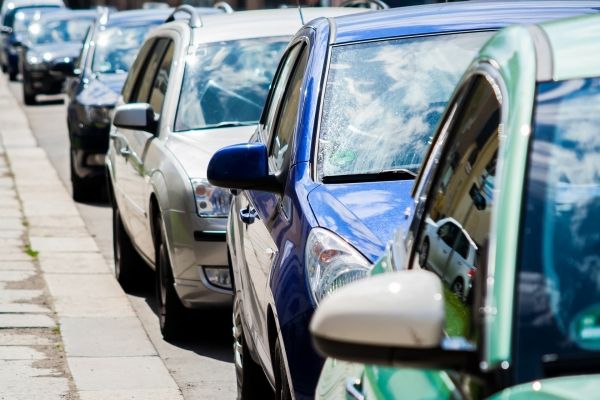In an international study published by the journal Environment International, the University of Surrey led an international team of air pollution experts in monitoring pollution hotspots in 10 global cities: Dhaka (Bangladesh); São Paulo (Brazil); Guangzhou (China); Medellín (Colombia); Cairo (Egypt); Addis Ababa (Ethiopia); Chennai (India); Sulaymaniyah (Iraq); Blantyre (Malawi); and Dar-es-Salaam (Tanzania).
Surrey's Global Centre for Clean Air Research (GCARE) set out to investigate whether the amount of fine air pollution particles (PM2.5) drivers inhaled is connected to the duration drivers spend in pollution hotspots and socio-economic indicators such as gross domestic product (GDP).
Across all the cities in the study, researchers found that drivers only needed to spend a short amount of time in high-pollution hotspots to inhale a significant amount of PM2.5 particles. For example, drivers in Guangzhou and Addis Ababa spent 26 and 28 per cent of their commute in hotspot areas, which contributed to 54 and 56 per cent of the total amount of air pollution inhaled on their trip.
Read more at: University of Surrey
Photo Credit: Nile via Pixabay)


